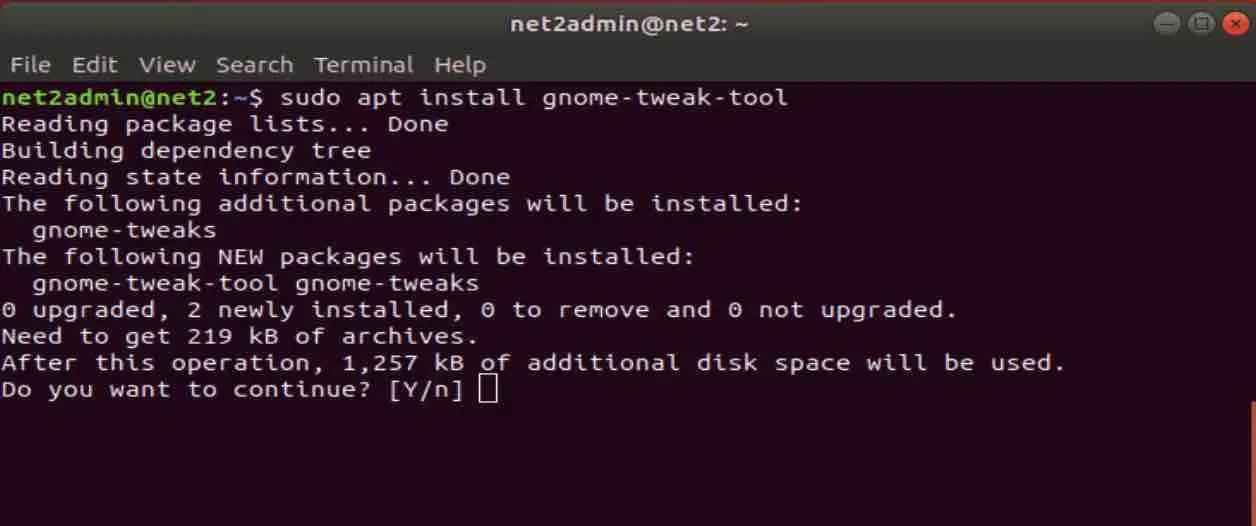

- #Ubuntu find file name with extension how to
- #Ubuntu find file name with extension update
- #Ubuntu find file name with extension windows
The find command can search a file based on its modification, access, and change time.įor example, to search PHP files inside /home directory that have been modified in the last 10 days, run the following command: find /home -name "*.php" -mtime 10 Use the following options to specify the size in KB, MB, GB, and more. You can also specify the size range during the file search.įor example, to search all files between 2 MB and 10 MB, run the following command: find /home -type f -size +2M -size 10M You can use the + symbol before the size if you want to search files greater than 2 MB: find /home -type f +size -2M You can search a file based on their size using the -size option followed by size criteria.įor example, to search all files less than 2 MB inside /home directory, run the following command: find /home -type f -size -2M This command will search all PNG files located inside /opt directory. png in the /opt directory, run the following command: find /opt -type f -name '*.png' mp4, etc.įor example, to search all files with extensions. You can use the asterisk * symbol before any extension to find all files that end with specific extensions including. You can use the following option if you want to search for a specific file type: If you want to ignore the case during the file search, use the -i option as shown below: find /etc -type f -iname file1.txt You can use the find command with -name option followed by the file name that you want to search.įor example, to search a file named file1.txt in the /etc directory, run the following command: find /etc -type f -name file1.txt The find command allows you to search a specific file by its name. Once all the packages are up-to-date, restart your server to apply the configuration changes.
#Ubuntu find file name with extension update
Once you are logged in, you should update all of your packages to their latest available versions. Change IP_Address and Port_Number according to your server’s IP address and SSH port number. Remember to replace root with your username if you are not using the root user.

You can do that by entering this command: ssh -p Port_Number A Linux VPS with root access enabled, or a user with sudo privileges.įirst, we’re going to need to log into our server using SSH.
#Ubuntu find file name with extension how to
In this post, we will show you how to search files on the Linux terminal using the find and locate commands. This way you can search files and directories based on their size, date, type, and ownership. The find command allows you to search for files and directories based on an expression. The find and locate are the most popular command-line tool used to search files and directories in Linux. The simple and easiest way is to use the Linux terminal to search or locate files. There are several ways to search files and directories in Linux. Especially if you are working on the server operating system without a Desktop interface.
#Ubuntu find file name with extension windows
Finding files and directories in Linux is a very difficult task compared to Windows operating system.


 0 kommentar(er)
0 kommentar(er)
